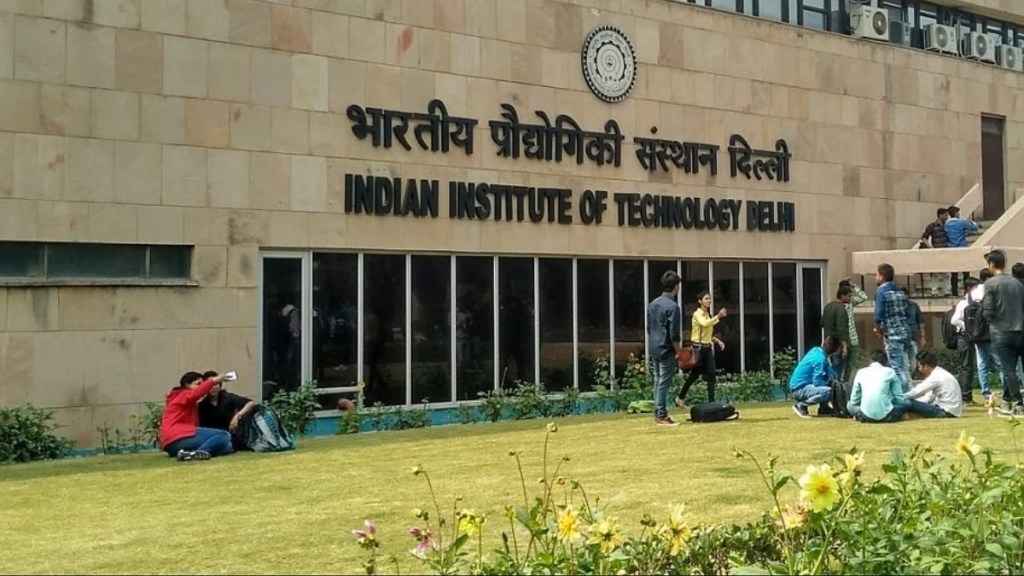A whopping 56.18% of professor positions are vacant at India’s leading higher education institutions, including the Indian Institutes of Technology (IITs) and other universities, according to a parliamentary report.
As of January 31, 2025, the report titled ‘2025-26 Demands for Grants of the Department of Higher Education,’ tabled in Parliament on Wednesday by the parliamentary standing committee on education, women, children, youth, and sports states that 28.56% of the total sanctioned teaching faculty positions (18,940) at IITs, National Institutes of Technology (NITs), Indian Institutes Management (IIMs), Indian Institutes Science Education and Research (IISERs), central universities and other higher higher education institutes remain unfilled.
Professor positions, other faculty roles vacant across IITs, IIMs, NITs and more remain vacant
The report’s data also shows that 17.97% of the 11,298 assistant professor positions, i.e. entry-level posts, 38.28% of the 5,102 associate professor positions, i.e. mid-level posts and a staggering 56.18% of the 2,540 professor positions are vacant.
In addition to the aforementioned data, the report underlined a huge number of unoccupied reserved faculty positions in central universities. 1,521 out of 3,652 sanctioned positions for Other Backward Classes (OBCs), 788 out of 2,315 positions for Scheduled Castes (SCs) and 472 out of 1,154 positions for Scheduled Tribes (STs) have not been filled.
Reserved non-professor position vacancy
Moreover, a dearth of reserved non-teaching staff in central universities was highlighted. 1,983 out of 4,495 sanctioned positions for OBCs, 1,011 out of 2,013 positions for SCs and 1,491 out of 3,409 positions for STs are unfilled.
Parliamentary committee’s recommends workforce analysis, technology utilisation
As a result, the panel advised taking necessary actions to expedite the recruitment process. The officials also recommended that direct relevant stakeholders at Ministry of Education conduct regular workforce analysis to push for effective functioning at these institutions. The suggestion was pushed forth so that it staffing requirements could be better identified and aligned with student enrolment, faculty retirement and other needs.
Additionally, the standing committee pushed for a transparent faculty recruitment process that must be merit-based and objective while ensuring equal opportunity and non-discrimination. They emphasised that the hiring protocol inculcate technology to push for online applications, screening and communication so that external interferences can be minimised.
“The existence of vacancies in Higher Educational Institutions, including technical institutions, impacts the faculty-student ratio and dilutes the quality of teaching in such institutions,” the parliamentary committee explained.
Expedition of recruitment process not to compromise other ideals, provisions
Despite the focus on the need to expedite the faculty recruitment process, the committee emphasised the importance of bringing in qualified faculty into permanent roles, ensuring job security and fair remuneration and to gradually ease off contractual employment.
Similarly, officials were strictly against compromising academic freedom — often associated with temporary hiring practices — for the vacancy of reserved positions in central universities. The committee was forthright about Constitutional provisions for SC, ST, OBC, EWS and other marginalised groups in government jobs being upheld.
The committee cited the example of the Central Educational Institutions (Reservation in Teachers’ Cadre) Act 2019 to introduce special recruitment drive to get rid of the SC,ST and OBC vacancies backlog in Mission Mode.

